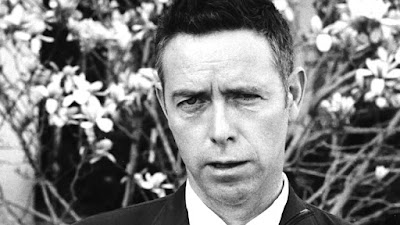Q: In the West
it is thought that desire, especially sexual desire, is a problem because it is largely unconscious. It is also thought that denial and abstention only changes the form of desire. How does Buddhism approach the Unconscious?
Dalai Lama:
‘Conscious level’, ‘semiconscious level’, ‘unconscious level’ — these are terms used by Western psychologists. Anyway, as you know, in all matters there are limits; it is as well to realize those limits. I think there are two major factors which contribute to our experience of sexual desire — one is the structure of our bodies and the elements within our bodies, and the other is the level of our minds — delusion.
It is, I think, very important to take notice of sexual desire. If you aren’t concerned, or if you don’t have some kind of self-discipline, it very often leads to disaster — family quarrels, children suffering, and also, now, this new phenomenon — AIDS. The Tibetan medical system speaks of seven major centres of energy within the body. Over sexuality reduces that energy, and the immune system becomes less effective. ‘New visitors’ then become powerful. So, now, even this point of view is worth having in order to bring us to some kind of self-discipline.
For laymen, family life should, of course, be lived in the normal way — that is important; but unlimited, over-sexual desire is not good. In the monk’s practice, there are two ways of tackling this problem. One way is less food — the monk does not have food in the evening or in the afternoon — he fasts. That is a way of reducing the physical condition; it is the middle way — not too much hunger, not too much food, especially food in the evening. (The Buddha made the rule that monks should not have an evening meal.) So that is on the physical side.
Then, on the desire side we shall see, if we analyse it, that attachment develops owing to seeing something beautiful — beautiful colour, beautiful shape, beautiful hair, nose, eyes, mouth — it is like that, isn’t it? Now, there are two types of love and compassion and one type is conditioned — ‘beautiful face, beautiful body, beautiful sound,’ — that kind of love is greatly conditioned. As soon as these conditions disappear, then no more love! So, a few days of great happiness — kissing and cuddling — just a few days — then, no more! It is over because of too much conditioning, which is a result of ignorance. That is not sound love or compassion.
The other type of love and compassion arises when one realizes that others are human beings, sentient beings ‘just like me’, who do not want suffering, who want happiness. And, on that basis, some kind of love, respect and deep understanding comes into being. So long as that kind of realization remains then that love and altruism remains, doesn’t it?
The usual sexual love and desire is the conditioned type. In this respect there are thirty-seven points of practice. The first four are related to mindfulness of the body. Because of ignorance, because of desire, we become blind; we cannot see the ugliness, the nature of rottenness (impurity) of the body. If we analyse skin, these small hairs [on the arm], blood, muscles, bones, there is nothing beautiful about them, is there? But, you see, because of blindness, because of the influence of negative thought, we consider these things to be very beautiful, very dear.
So, the way to control the emotional side is to reduce the intake of food, limit it. Also to limit the clothes we wear: be modest — that is another factor towards reducing physical and mental conditions. When these two efforts combine, then a healthy self-discipline develops — that is the sense of sila, the sense of morality, for monks. Of course, limited sex for laymen is okay, very good, very happy! But it should be realized that there are limits and to go beyond those limits brings disaster.




